|
'Unique,' 'bold' film by Kitty Green competes for festival's top prizes 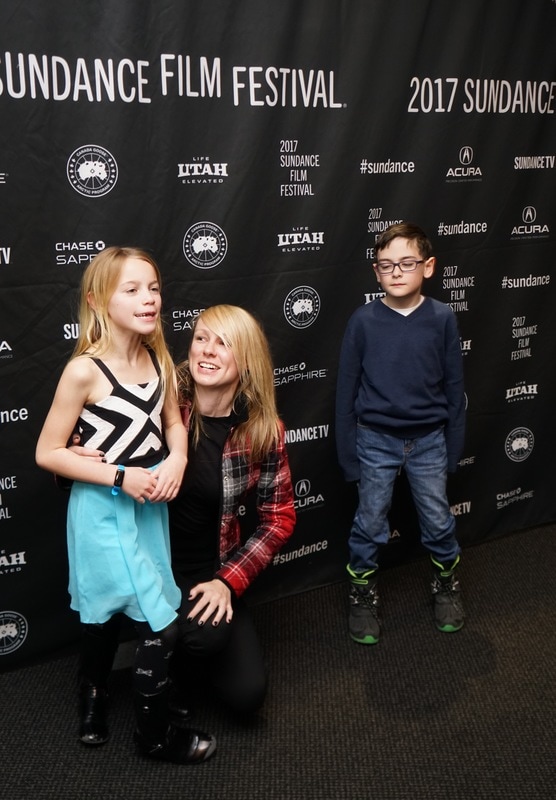 Director Kitty Green with Hannah Cagwin, the girl she cast to play JonBenet Ramsey in "Casting JonBenet,' and Luca Rodriguez, whom she cast to play Burke Ramsey. They posed for photos shortly before the documentary's world premiere at the Sundance Film Festival on Sunday, January 22, 2017. Photo by Matt Carey It has been noted often during and after the 2016 presidential election that we have suddenly plunged into a post-truth era, in which an individual's -- or politician's -- beliefs about reality come first, and "alternative facts" are assembled to support them. "These are not the drones you're looking for" could stand as the mantra of these times, where one simply declares what truth is and it magically becomes so. An interesting phenomenon if it were confined to eccentrics or movie characters, but a dangerous one when promulgated by a president. We do not live in a post-truth place here in Casting JonBenet-land... Subjective doesn't mean untrue. Nor does it mean false. It means that which is experienced and felt and articulated by a human subject. Documentary filmmakers, who traditionally occupy the role of truth-tellers in our society, face an interesting dilemma in this era. They would like to tell the truth about whatever it is they train their focus on, but the means at their disposal are inevitably subjective ones, circumscribed by the limits of human perception and the necessity of making a series of editorial choices. Thus, a paradox is built into documentary practice -- nonfiction filmmakers can aim for truth and can even rely on empirical data at times, but their project must be acknowledged as ultimately 'non-definitive.' Kitty Green's absorbing new documentary Casting JonBenet -- which premiered Sunday at the Sundance Film Festival -- touches in some respects on these questions, with profound and moving results. The ostensible subject of Green's film is the case of JonBenet Ramsey, the six-year-old beauty pageant contestant and daughter of a wealthy Boulder, Colorado couple, who was found dead in the family home in December 1996, a victim of strangulation and blunt force trauma. Green's real subject though is how we as participants in a society and consumers of information make sense of a dramatic news event when no definitive truth is seemingly available. Certain facts are known about the case -- how the child was killed, where her body was first discovered, the existence of a ransom note and that said note had been written on a piece of paper taken from a pad in the family home with a pen belonging to JonBenet's parents, John and Patsy. But the Boulder police so badly bungled the investigation, allowing the crime scene to be grossly contaminated -- partly in deference to the Ramsey's wealth and social position in the community -- that the case almost certainly will never be solved. Green settled on an exceptionally bold and novel approach to exploring the case and its impact on residents of Boulder. She put out a casting notice in the city inviting actors to audition for the roles of JonBenet, her older brother Burke, parents Patsy and John and others involved in the case. According to Green, she informed those who auditioned that it would be for an unusual documentary -- in other words, she did not summon them with a false claim of making a fictional "movie" based on the case. In between reading lines of dialogue that come from the case files -- the text of the ransom note, for instance -- the actors relate what they remember of the case, how it impacted them, and what conclusions they drew about the investigation and who bore guilt for JonBenet's murder. It should be stated this is a brilliant way to deliver exposition. It is the actors who sketch the details of the case. Casting JonBenet contains not a single frame of archival video -- of the "actual" Ramsey house, or actual news conferences from 1996 or contemporary news coverage. This is how we can tell the film is not really about relitigating the case, "getting to the bottom of what happened" -- it's about how we as individuals make sense of it. The truth Green is seeking is not "who killed JonBenet Ramsey" or "why has the case remained unsolved?" but, rather, what narratives do we construct in the absence of verifiable facts? "Everybody interprets things individually. These kind of events I think we all interpret individually," Green said on the arrival line at the world premiere. "So if your mother was abusive you often link -- you think the mother did it. If you had problems with your brother you think the brother did it." To Nonfictionfilm.com she added, "Everyone has their own truth." But her producer, James Schamus, quickly stepped in to amend that choice of words. "Let me put it this way. We do not live in a post-truth place here in Casting JonBenet-land. What we do live is in a place where people -- in order to make sense of something nonsensical, that has completely overturned their community and dominated their definition of community where they live, for 20 years -- have to have an account. They need a narrative," Schamus told NFF. "People invested in their own investigations, their own accounts and their own beliefs. And they can change. It's not like everybody is stuck. What the film explores is precisely that need for a narrative to make sense of something that 20 years later still makes no sense." Green has chosen just about the most transparently subjective process imaginable to arrive at a truth about memory and narrative. Schamus added, "Subjective doesn't mean untrue. Nor does it mean false. It means that which is experienced and felt and articulated by a human subject. But human subjects can articulate truths. They still have to own them. They still have to say them... There is no firm ground. There's only a lot of narratives to negotiate." In a post-truth age, when certainty and claims to demonstrable reality are especially precious, this is about the best we can hope for. The actors cast in the documentary attended the premiere, and at a Q&A afterwards spoke to the experience of making the film and what they learned about "knowability" from it. "When we met Kitty she said, 'Trust me.' And I'm so glad we did," said one of the women who play Patsy Ramsey. "I think that a lot of us [actors] bonded. We had very different perspectives of really what happened [in the case] and I think this film shows that. We weren't there [at the crime scene]. But what we read in media and thought we knew -- oh man, we really thought we knew. But we don't." Another of the women cast as Patsy concurred. "In the end of it we don't know [what happened]. None of us know. But we can only get in touch with those feelings that Kitty so brilliantly showed in this film." The film takes on an increasing poignancy as the actors move from discussing details of the case to revealing some intimate aspects of their own lives -- which offer a glimpse at why they might view the Ramsey case in a particular way, or what they came to realize about themselves in trying to embody Patsy, or John, or the other main 'characters.' Green's nuanced approach appeared lost, inevitably, on some viewers, judging from a couple of the comments that came from the audience at the Q&A. One man pointedly said, "In the age of this understanding of privilege we have today -- there seems to be a lot of self-indulgence. There's also a dead six-year old girl with no solved crime. I'm wondering if anyone involved with it [the actual story] has responded in any way, given any reaction and feedback?" [It was unclear if he was suggesting Green displayed self-indulgence, or whether he felt the actors cast in the film behaved self-indulgently by dwelling on the Ramsey case]. Schamus replied there had been no response as yet from the surviving participants in the case because no one had seen it before the world premiere. The questioner pursued the matter, asking, "Do you feel any responsibility to that?" "Absolutely," Schamus answered. "I think that's why the community allowed such a plethora of voices and visions. But remember, this is a community that has been subsumed under 20 years of relentless media attention about the case and speculation and this is a part of their lives. And I think it's a very just and responsible vision [by the director] that allows for those representations to be fully effective and felt by a group of people that come together" to play the roles in the film. He added that he felt Green had "respected" the emotions of the actors that were triggered by playing the roles. 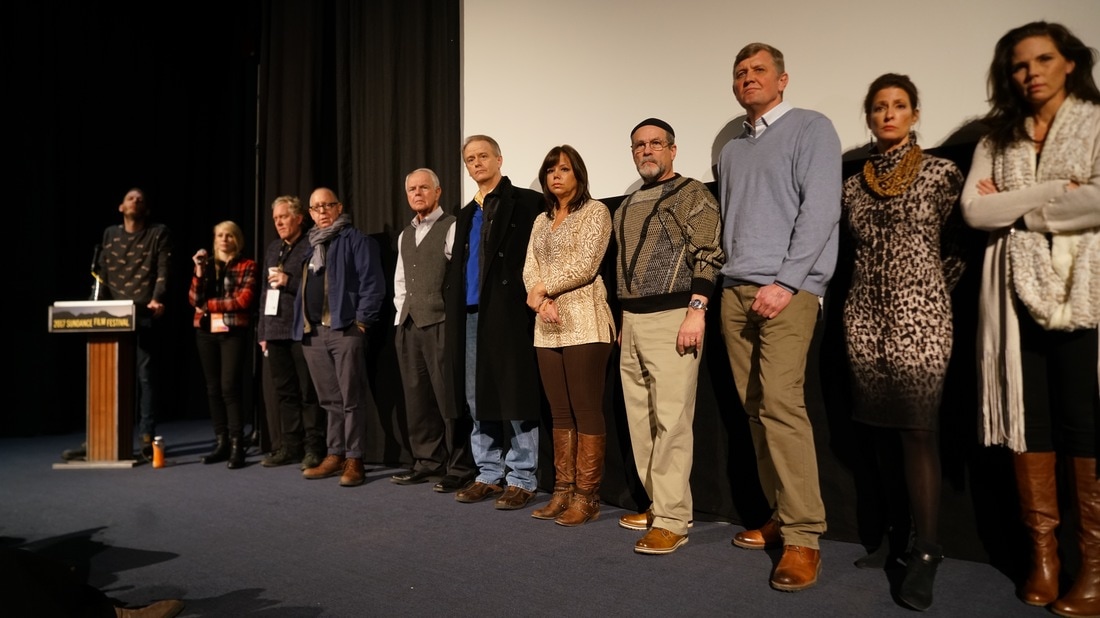 The filmmakers and cast members of "Casting JonBenet" take part in a Q&A following the world premiere of the film at the Sundance Film Festival on Sunday, January 22, 2017. Netflix has purchased "Casting JonBenet" for distribution on its streaming network. Producer James Schamus says the film also will get a brief theatrical release sometime this year. Photo by Matt Carey |
AuthorMatthew Carey is a documentary filmmaker and journalist. His work has appeared on Deadline.com, CNN, CNN.com, TheWrap.com, NBCNews.com and in Documentary magazine. |
- Home
- News
- Videos
-
Galleries
- 2019 Tribeca Film Festival
- Full Frame Documentary Film Festival
- 2019 SXSW Film Festival
- SXSW 2018 Gallery
- 2019 Sundance Film Festival
- Outfest 2018 Photo Gallery
- Outfest 2017
- Sundance 2018 Photos
- 2017 LA Film Festival
- 2017 Cannes Film Festival
- Tribeca Film Festival 2017
- SXSW 2017 Gallery
- 2017 Berlin Film Festival
- Sundance 2017 Gallery
- 2016 Los Angeles Film Festival
- Cannes Film Festival 2016
- SXSW 2016 Gallery
- Berlinale 2016 Gallery
- Sundance 2016 Gallery
- Filmmaker Gallery
- About
- Contact
Proudly powered by Weebly
- Home
- News
- Videos
-
Galleries
- 2019 Tribeca Film Festival
- Full Frame Documentary Film Festival
- 2019 SXSW Film Festival
- SXSW 2018 Gallery
- 2019 Sundance Film Festival
- Outfest 2018 Photo Gallery
- Outfest 2017
- Sundance 2018 Photos
- 2017 LA Film Festival
- 2017 Cannes Film Festival
- Tribeca Film Festival 2017
- SXSW 2017 Gallery
- 2017 Berlin Film Festival
- Sundance 2017 Gallery
- 2016 Los Angeles Film Festival
- Cannes Film Festival 2016
- SXSW 2016 Gallery
- Berlinale 2016 Gallery
- Sundance 2016 Gallery
- Filmmaker Gallery
- About
- Contact

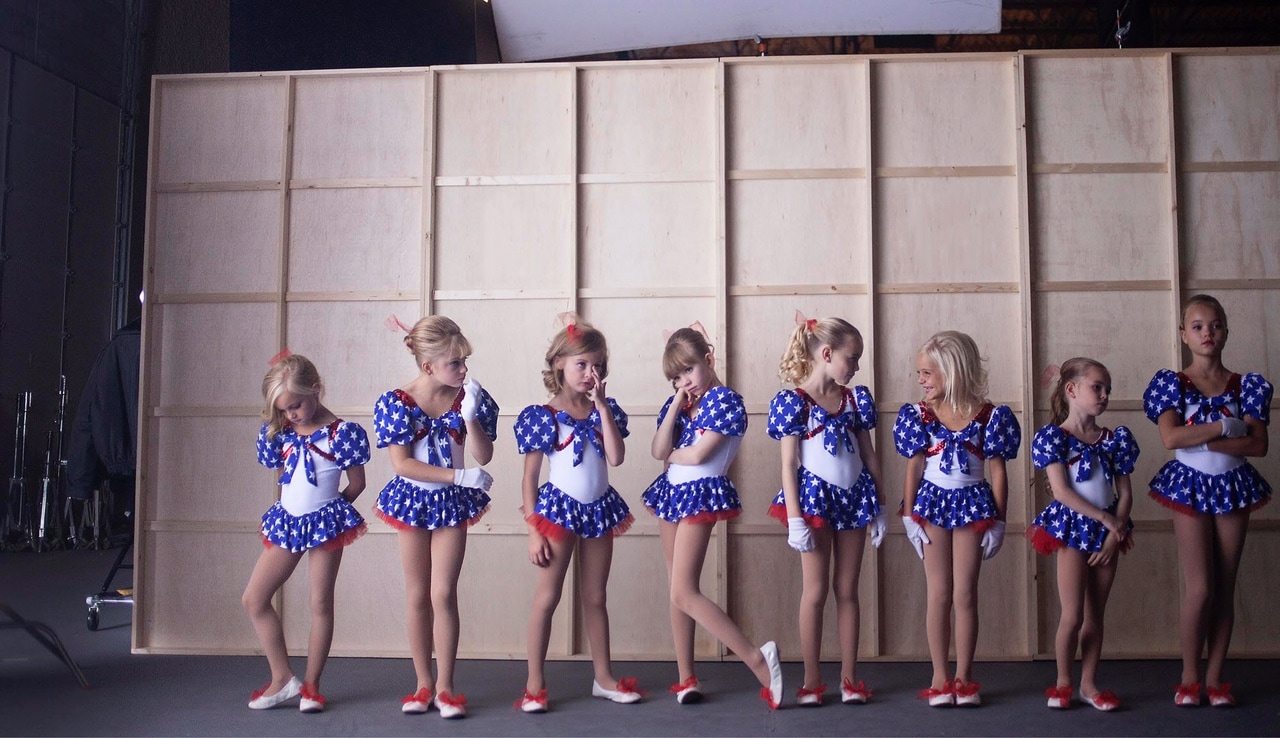

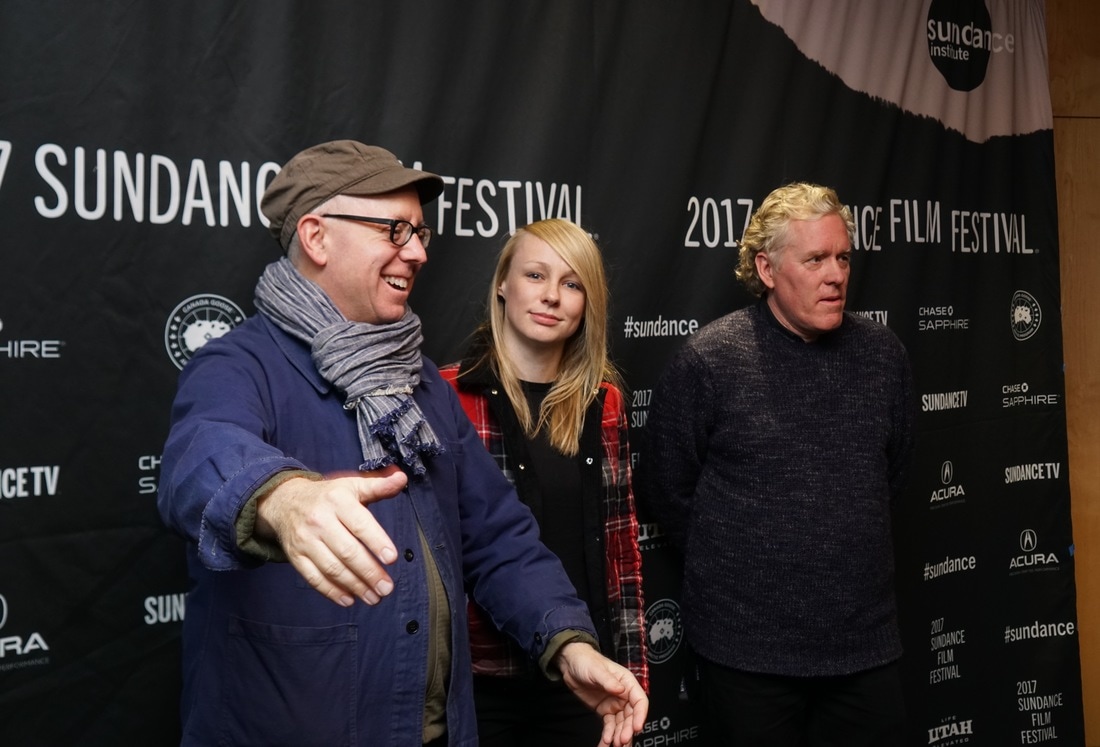
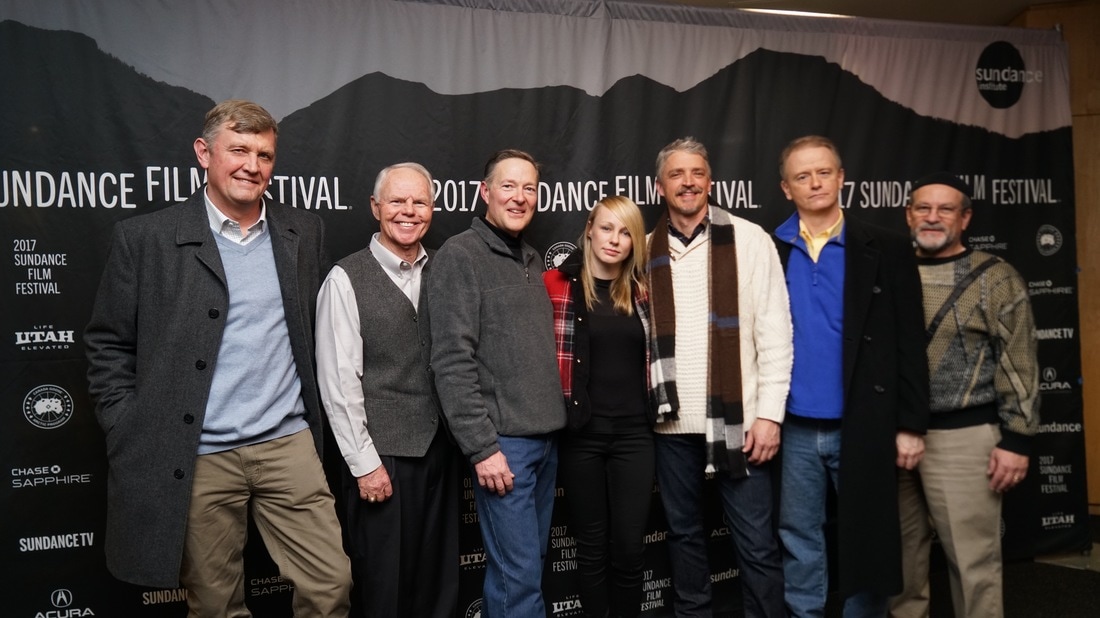
 RSS Feed
RSS Feed